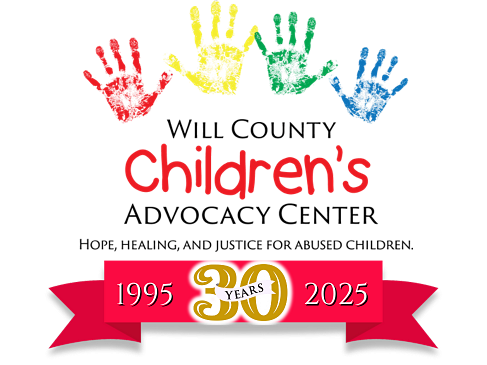
Family advocates assist the child and their non-offending parent/caregiver(s) throughout the life of the case. Each family is assigned a family advocate who is committed to helping them navigate the complex systems encountered when a child makes an outcry of abuse. The family advocate listens to their concerns, and informs them about the dynamics of sexual abuse and the effects of trauma.
As each case goes through the investigation, prosecution, and healing process, our family advocates help families understand the process, learn about their rights, and ensure that children and families get the culturally-sensitive support, education and resources they need to help them overcome the trauma of abuse.
During the forensic interview, the Family Advocate assesses needs in relation to housing assistance, domestic violence assistance, food assistance, mental health assistance, and any other verbalized needed assistance. They provide informational handouts and other material which include, but are not limited to our ‘Helping Your Child Heal’ booklet, a printed referral list of community services, information about our trauma-focused individual therapy and support groups, and the Edward Hospital Care Center brochure.
After the forensic interview, the family advocate facilitates a meeting with the non-offending parent/caretaker(s) and the MDT. They can also coordinate a forensic medical exam at Edward Hospital & Health Service Care Center.
24-48 Hours After the Forensic Interview:
The child’s non-offending parent/caretaker(s) is contacted by phone to check on the child, follow up on referrals, and give any information from the MDT. They can provide:
- Crisis intervention
- Risk assessment
- Safety planning and support
- Assessment of individual needs and cultural considerations
- Education and access to victims’ rights and crime victims’ compensation
- Assistance in receiving concrete services (housing, protective orders, domestic violence intervention, food, transportation, public assistance, etc.)
Family advocates conduct additional follow-up calls addressing the same content, within 2 weeks, 5 weeks, 3 months, and 6 months.
At the 6-month follow-up call, the family is notified that although follow up calls will be discontinued, they are always welcome to contact the family advocate for any needed support or resources.
Illinois Crime Victim Compensation Program
The Illinois Crime Victim Compensation Program provides reimbursement (not upfront funding) up to $27,000 to victims of violent crime who meet certain eligibility requirements.
- Families that are undocumented can apply.
- Will County CAC family advocates will provide one-on-one assistance for children/family members interested in applying for funding, via appointment.
|
Crime Victims Compensation Online Form
|
|
|
To file a claim online, you can complete and submit the Crime Victims Compensation Online Form. For additional assistance, check out these resources from Illinois Attorney General Kwame Raoul’s website:
|
|
Help us continue to provide hope, healing & justice for abused children.
Last year, the Will County Children's Advocacy Center served more than 700 Will County children (and their non-offending family members) who were sexually abused, severely physically abused, or who had witnessed a violent crime.
Children who have been victimized, and receive services are less likely to: abuse drugs or alcohol, grow up to become victims of domestic violence, become involved in some sort of criminal activity, suffer from depression, anxiety disorders, or post-traumatic stress disorder, and/or develop suicidal ideation and self-harm.
Your financial gift can make a profound difference in changing a child’s life.
